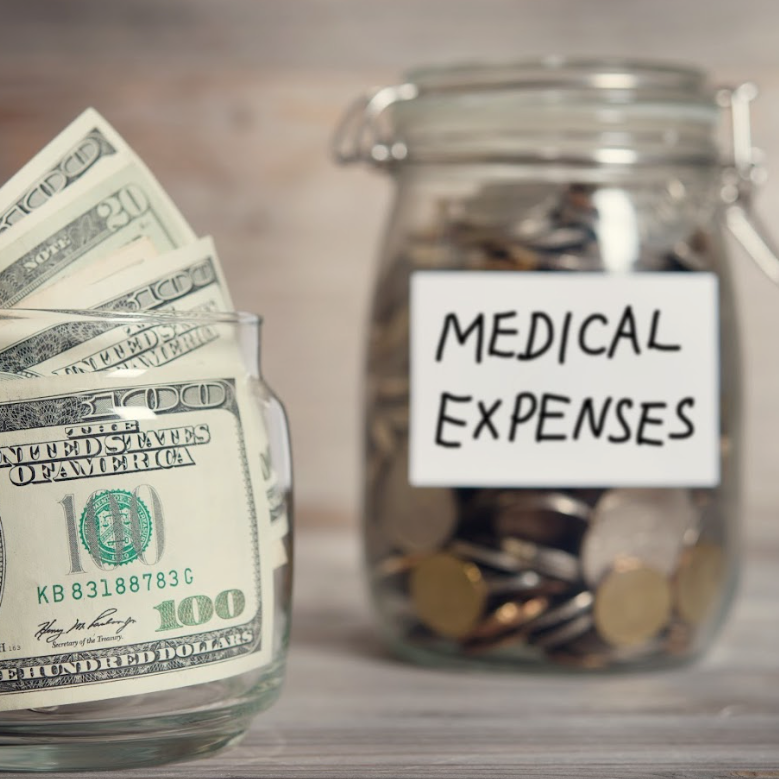A plan and some extra income are needed to increase your wealth, and one of the most crucial choices you’ll have to make is where to put your money. The type of account you choose will affect your investing possibilities, when you pay taxes on your money, and how much you may save annually. However, the best account for you will depend on your retirement objectives and the resources you have. Here are some easy recommendations to help you prioritize where to invest your money in 2023. Begin with your 401(k) if you receive a company match Your 401(k) match is a momentary promotion. You will not receive it if you don’t file a claim by the end of the year. Try to take advantage of your 401(k) match as soon as possible rather than taking a chance. After doing that, you may choose whether to utilize your 401(k) account or change to another account. Contact your employer’s HR division to see how much you must contribute by 2023 to obtain your full match. Ensure that this might differ from the amount you were required to set aside in 2022 if you earned a raise or your employer changed their matching methodology. Use an IRA If your employer doesn’t provide a 401(k) or if they don’t offer a match, you could decide to invest through an IRA. You have greater control over the fees since this account provides you with more investment options. You can contribute to one if your annual income is at least equivalent to the total of your yearly contributions. Moreover, IRAs provide the flexibility to decide when to pay your income taxes. Traditional IRAs offer a tax break upfront, but your contributions and gains are subject to tax when you retire. Roth IRAs can be a better alternative if you anticipate being in the same or a higher tax bracket in retirement. However, if your income is too high, you might not be able to contribute to one directly. Regardless of the IRA type, you can make annual contributions of up to $6,500 in 2023. In addition, if you are 50 years or older, you are also eligible for a catch-up payment of up to $1,000. In comparison to 2022, these limits are a tad more stringent presently. Think about opening a health savings account Despite not being intended for retirement, health savings accounts (HSAs) make excellent accounts. But only those who have high-deductible health insurance plans are eligible to donate to one of them. That is a policy for 2023 with a deductible of at least $1,500 for a person or $3,000 for a family. You can contribute up to $7,750 or $3,850 to one of these accounts in 2023 if your family has health insurance. Each contribution lowers your annual taxable income, and you can use the funds for medical expenses at any age without incurring tax liability. You may also withdraw money for non-medical purposes, although doing so before age 65 is frequently a bad idea since it will result in taxes and a 20% early withdrawal penalty. Make sure you select a provider who will allow you to invest your money if you save in an HSA. If not, you won’t make much interest over time. Numerous banks and brokers will enable you to open one of these accounts. Before enrolling, research the account costs and check if you can set up automated payments to your HSA, so you don’t have to make manual contributions. There is no need to select just one of the options. You could always utilize more than one account if you decide between a few of the abovementioned ones. You might begin with your 401(k) and move to your IRA after receiving your match. You may return to your 401(k) or start saving in an HSA once you reach that maximum. Consider all alternatives carefully, then pick the best ones that fit your retirement savings strategy.
Contact Information:
Email: [email protected]
Phone: 9568933225
Bio:
Rick Viader is a Federal Retirement Consultant that uses proven strategies to help federal employees achieve their financial goals and make sure they receive all the benefits they worked so hard to achieve. In helping federal employees, Rick has seen the need to offer retirement plan coaching where Human Resources departments either could not or were not able to assist. For almost 14 years, Rick has specialized in using federal government benefits and retirement systems to maximize retirement incomes. His goals are to guide federal employees to achieve their financial goals while maximizing their retirement incomes.













